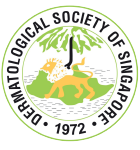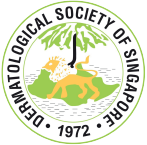What you may not know (yet) about the WCD2023 Scientific Programme
From the Scientific Programme
News, insights, reminders, and useful information.
Expert Forums
Did you know about the 19 Expert Forums included in our Scientific Programme?
These are in-depth interactive session on specific topic, a format that will allow more time for discussion and audience participation.
All information about topics is available here.
To learn more, below are some short write ups from two of our EF Chairs:
Socioeconomic considerations in delivery of dermatological care
Many countries have different ways that they deliver dermatologic care in their regions. In our session, we will attempt to present the good- and bad- that is present in every healthcare delivery system. We will have expert representatives from many regions- from almost every continent- who will talk about what works, and what doesn’t in their healthcare systems. We hope you will try to attend what will certainly be a very interesting session.
Prof. Mark Kaufmann
Chair of this EF
Pyoderma gangrenosum
From a diagnostic and therapeutic perspective, PG continues to be a challenge. The aim of this session is to bring a panel of global experts around the table to discuss diagnostic pearls, disease associations and focus on targeted and personalized treatment modalities to enhance comprehension of the complex presentation of PG.
Our objectives:
- Review the newest science in pathophysiology of PG
- Analyze the diagnostic dilemmas and work up for PG mimickers
- Provide a step by step approach in control of abbrent immunity and also local wound care
Prof. Afsaneh Alavi, MD
Chair of this EF
Courses
In addition to the extensive congress programme addressing the most important, innovative, and current aspects of dermatology, 24 didactic sessions are planned for all those who wish to gain new knowledge in areas where they may be unfamiliar with WCD2023.
24 sessions of one-of-a-kind learning opportunities in a unique setting. See the table below for a complete list of courses, with their respective numbers of registrations and the maximum number of participants allowed.
| Description | Maximum capacity | Enrolled |
|---|---|---|
| Advanced Dermatological Surgery | 124 | 96 |
| Advanced Dermoscopy | 120 | 91 |
| Basic Dermatological Surgery | 124 | 90 |
| Basic Dermatopathology – Inflammatory | 120 | 51 |
| Basic Dermatopathology – Neoplastic | 224 | 38 |
| Basic Dermoscopy | 120 | 93 |
| Chemical Peels | 224 | 95 |
| Contact Dermatitis | 124 | 52 |
| Cutaneous T, B and NK cell lymphomas: classical and new treatments | 124 | 40 |
| Cutaneous T, B and NK cell lymphomas: diagnosis and differential diagnosis | 224 | 52 |
| Epidemiological Methods in Dermatology Research | 124 | 33 |
| Evaluation of and testing for drug allergy/ hypersensitivity | 224 | 59 |
| Hair transplantation: from principles to post-operative care | 120 | 83 |
| Laser I: Pigment and Assisted Hair Removal Lasers | 224 | 87 |
| Laser II: Skin Rejuvenation and Scars | 224 | 159 |
| Laser III: Vascular Lesions | 124 | 62 |
| Motivational Interviewing in Supportive Patient Care | 120 | 27 |
| Nail surgery | 224 | 95 |
| Pediatric Dermatology: Genodermatoses | 120 | 36 |
| Pediatric Dermatology: Vascular anomalies and practical therapies | 120 | 35 |
| Pediatric Immunodermatology | 124 | 40 |
| Phototherapy & Photoprotection | 224 | 54 |
| Trichoscopy | 224 | 64 |
| Update in Dermatopathology | 120 | 41 |














